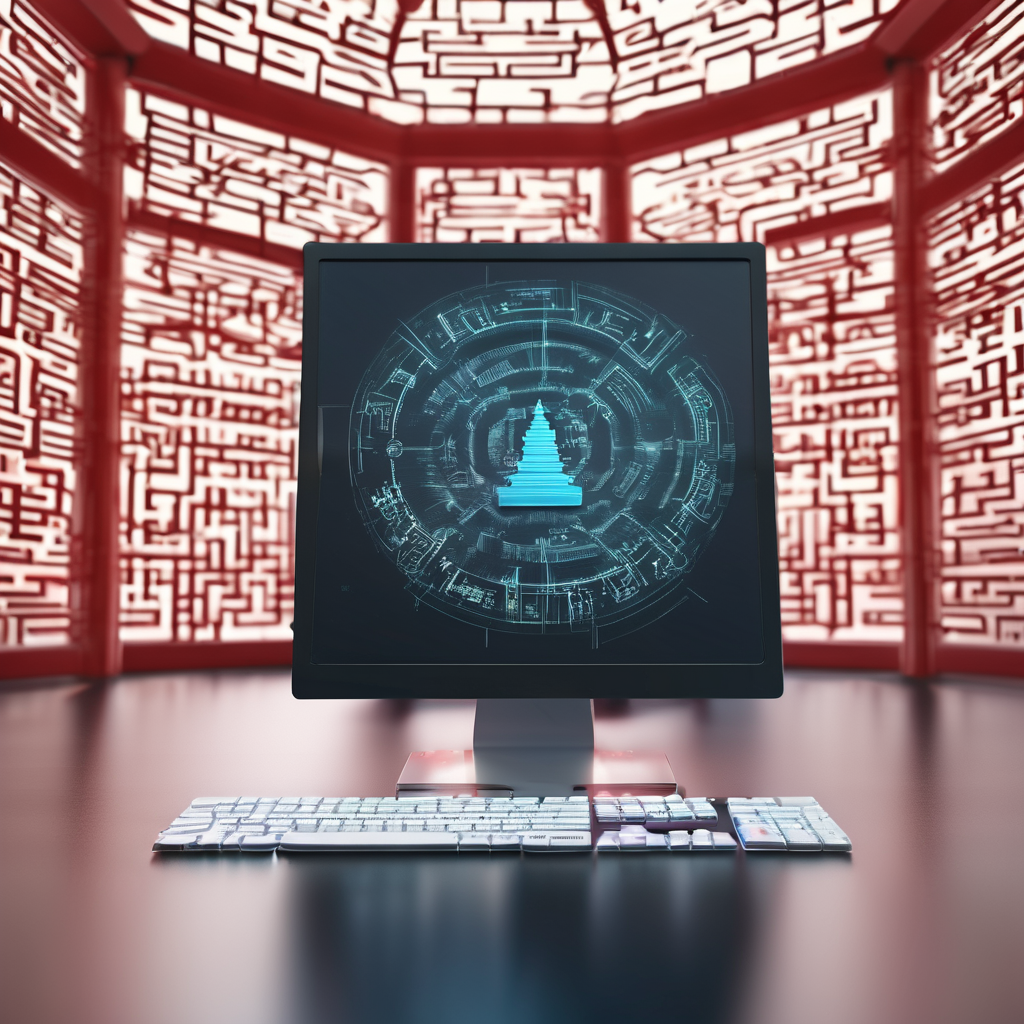
The integration of blockchain technology with Internet of Things (IoT) devices is profoundly enhancing digital security by offering a decentralized, tamper-proof method for managing data. This synergy is crucial in tackling the persistent vulnerabilities in IoT networks, ensuring the integrity and reliability of the vast data generated and shared among interconnected devices. IoT encompasses a vast network of physical devices embedded with sensors, software, and other technologies that communicate over the internet. These range from everyday items like smart thermostats and wearable health monitors to industrial machines and urban infrastructure. As IoT adoption rapidly expands across sectors, concerns over data security, privacy, and trust have intensified. A central challenge in IoT systems is their traditionally centralized data management, where data is processed and stored on central servers or cloud platforms. This creates single points of failure vulnerable to cyberattacks, unauthorized access, and data manipulation, while limiting transparency and user control over personal data. Blockchain technology addresses these issues by establishing a distributed ledger that records data across numerous computers immutably and transparently. Each blockchain entry is cryptographically secured and linked sequentially, making the chain nearly tamper-proof. Integrating blockchain with IoT allows data to be stored and verified on decentralized platforms rather than centralized servers. This decentralized management enhances security by reducing the risk of breaches targeting central repositories, increasing transparency since all blockchain transactions are time-stamped and publicly verifiable, and strengthening data integrity to ensure transmitted information remains unaltered.
Practically, blockchain-enabled IoT systems are invaluable in fields demanding robust security and trust. For example, in supply chain management, IoT sensors monitor goods' movement and condition, while blockchain secures the data trail to verify authenticity and provenance. In healthcare, blockchain-integrated IoT devices securely transmit patient vitals and records, protecting against unauthorized access and manipulation. Moreover, the blockchain-IoT combination enables smart contracts—self-executing agreements coded on the blockchain that automatically enforce rules without intermediaries. These can automate processes like payments, device access control, and maintenance scheduling, improving efficiency and reducing costs. Nonetheless, challenges persist, including scalability concerns due to the large volume of IoT data, the high computational and energy demands of blockchain processing, and the need for standardized protocols to ensure interoperability among varied devices and blockchain platforms. To address these issues, researchers and industry leaders are exploring solutions such as lightweight consensus algorithms, off-chain data storage, and hybrid blockchain models. Advances in edge computing allow IoT devices to process data locally, which, coupled with blockchain’s secure ledger, enhances system responsiveness and security. In summary, the convergence of blockchain and IoT is ushering in a new era of secure, transparent, and efficient data management. By mitigating IoT vulnerabilities, this integration protects sensitive information and unlocks potential for automated and trustworthy digital ecosystems, poised to shape the future of connected technologies across industries.
Enhancing IoT Security with Blockchain Integration: A Future of Decentralized Data Management


The AI text-to-video field is advancing swiftly, with breakthroughs expanding capabilities.

A recent study by the Interactive Advertising Bureau (IAB) and Talk Shoppe, published on October 28, 2025, highlights the growing impact of artificial intelligence (AI) on consumer shopping behavior.

Microsoft Corporation issued its quarterly financial report on Wednesday, providing detailed insights into its recent business performance and strategic investment commitments.

OpenAI has entered into a landmark seven-year agreement valued at $38 billion with Amazon.com to purchase cloud services, marking a major milestone in its efforts to enhance AI capabilities.

Deepfake technology has seen rapid advancements, enabling the production of highly realistic manipulated videos that are nearly indistinguishable from authentic footage.

Google’s VP of Product for Google Search, Robby Stein, recently discussed in a podcast how PR activities can aid AI-driven search recommendations and elaborated on how AI search functions, advising content creators on maintaining relevance.

Amazon reported third-quarter net sales of $180.2 billion, marking a 13 percent increase compared to the previous year, driven largely by artificial intelligence initiatives throughout its Seattle-based operations.
Launch your AI-powered team to automate Marketing, Sales & Growth

and get clients on autopilot — from social media and search engines. No ads needed
Begin getting your first leads today